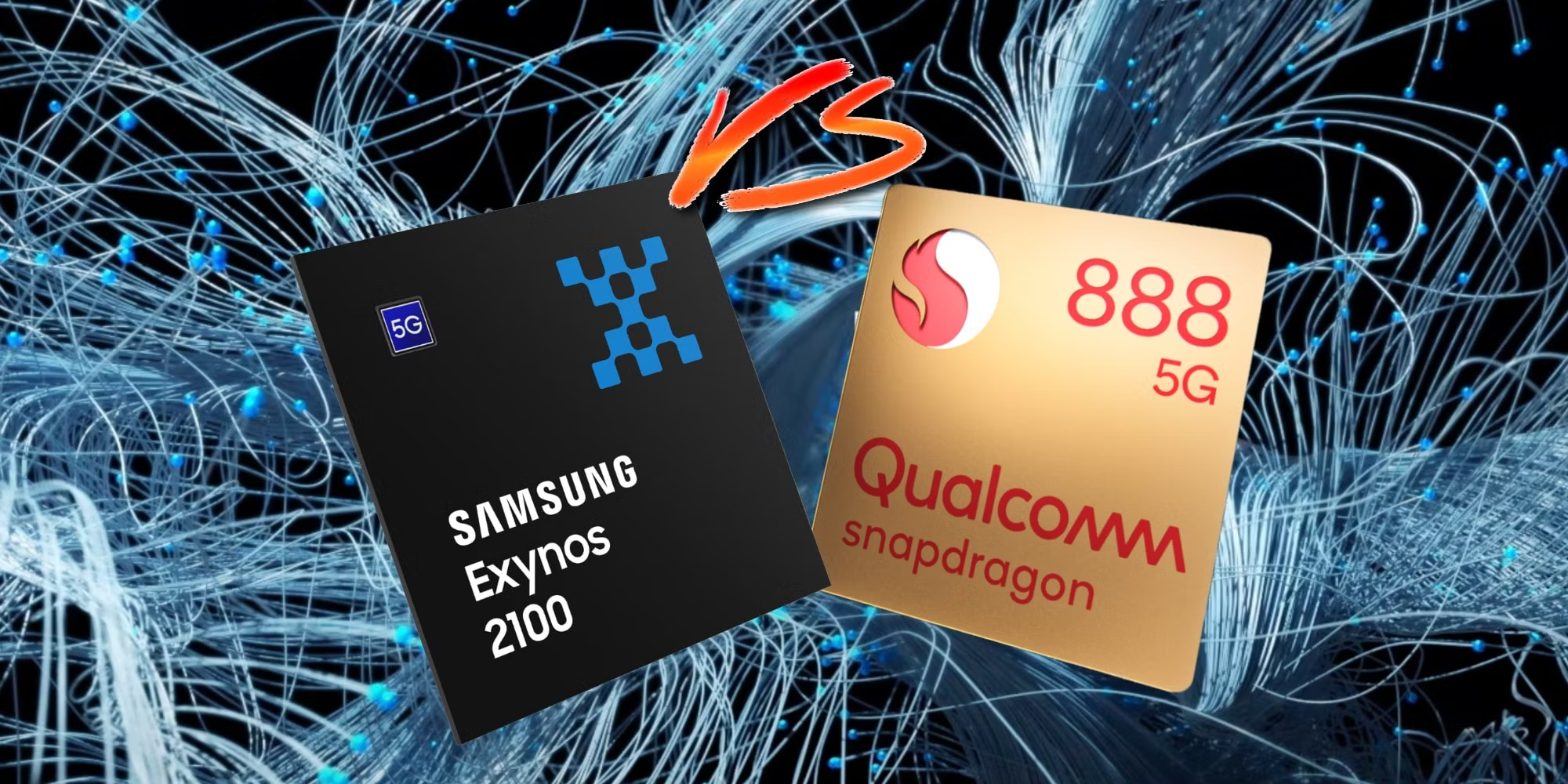Smart Trading Decisions Begin with a Trade Up Calculator

Smart Trading Decisions Begin with a Trade Up Calculator
In an age where digital marketplaces dominate and users frequently look to upgrade or optimize their assets, the concept of trading up has become more strategic than ever. Whether in gaming, electronics, collectibles, or virtual items, people often aim to exchange lower-value items for better ones. But how do you know if a trade truly adds value? That’s where a trade up calculator plays a vital role. It transforms guesswork into a data-driven decision-making process, making every trade smarter and more efficient.
As these tools grow in popularity, they are no longer just for tech-savvy users. A well-designed trade up calculator helps anyone—from beginners to experienced traders—evaluate the potential success or failure of an upgrade. It simplifies complex data into meaningful insights, allowing users to focus on strategy rather than raw calculations. As a result, more users are incorporating this tool into their daily routines, whether they’re dealing with digital skins, mobile devices, or high-end collectibles.
Why Trade Accuracy Matters
When engaging in trades, especially in competitive or volatile markets, accuracy is critical. A single miscalculation can lead to overpaying or receiving less than expected in return. The traditional approach of relying on manual estimates or peer advice can often be flawed. Market prices fluctuate, item values change based on demand, and platform fees or hidden costs may apply. A trade up calculator removes this uncertainty by pulling real-time data and presenting a clear picture of what a trade will yield.
This level of precision isn’t just about avoiding losses. It’s also about making the most out of opportunities. When users can accurately assess potential outcomes, they’re more likely to engage in trades that offer better returns. Over time, this adds up and can significantly impact the value of someone’s inventory or assets. The ability to consistently trade up with confidence sets users apart in marketplaces where margins and timing matter.
How the Tool Works
A trade up calculator is designed to evaluate inputs and predict the possible outcome of a trade. While there are different variations depending on the use case, the core principle remains the same. Users input a selection of items they wish to trade up, and the calculator computes the expected return, often showing multiple possible outcomes based on item probabilities, values, and current market trends.
Some calculators offer enhanced features such as cost breakdowns, profit margins, risk levels, and historical comparisons. These features are particularly useful in markets like digital skins or crypto collectibles, where volatility is common. Others are optimized for more physical trades like electronics or vehicle parts, considering depreciation, condition, or warranty impact.
The goal of the tool is not just to offer a yes or no answer but to give users a clear understanding of the trade they’re considering. This kind of transparency is what makes it valuable to both new users looking to avoid mistakes and experienced traders aiming to optimize their strategies.
Key Features That Make a Difference
One of the standout features of a robust trade up calculator is its ability to access real-time pricing. In many online markets, values can change within minutes. By connecting to live data feeds, the calculator provides a more accurate and timely estimate of trade outcomes. This reduces the chances of miscalculating due to outdated price references.
Another essential component is probability simulation. In scenarios where outcomes are randomized, such as loot-based upgrades or skin trades, calculators simulate thousands of possible results to deliver realistic success rates. This allows users to balance risk and reward before committing to a trade.
Visual interfaces also improve usability. Clear item images, value graphs, and simplified ratios help users quickly compare options and make decisions. For those handling bulk trades or high-value items, the ability to save and compare multiple trade paths can lead to smarter investments over time.
Who Benefits Most
While the benefits of using a trade up calculator are universal, certain user groups gain even more value. Gamers, especially those trading skins or items in titles like CS2 or similar environments, rely on calculators to increase their profit potential and manage risk. These users often work with odds and variations, and an accurate calculator can mean the difference between a profitable trade and a significant loss.
Collectors of trading cards, memorabilia, or rare physical goods use calculators to evaluate when it’s worth combining lower-tier items to reach a premium version. In these markets, condition, age, and authenticity also play roles, and calculators can factor in these variables with the right integrations.
Even in consumer electronics and resale markets, individuals upgrading devices like smartphones, tablets, or laptops can benefit. Calculators can help weigh trade-in offers against secondhand value, ensuring users don’t leave money on the table. With platforms increasingly offering automated trade-in systems, having a third-party tool for comparison ensures fair value.
Avoiding Common Pitfalls
Many traders jump into deals based on excitement or peer suggestions without proper evaluation. This often leads to regrets, especially when they realize they could’ve secured a better deal or waited for improved market conditions. A trade up calculator acts as a checkpoint, offering a structured way to review trades before executing them.
Another common mistake is failing to consider additional costs such as transaction fees, taxes, or handling charges. A good calculator incorporates these costs so users see the net benefit rather than just gross value. This realistic approach prevents inflated expectations and promotes smarter trading habits.
Emotions also play a big role in trading, especially when valuable or rare items are involved. By focusing on numbers and probability, a calculator introduces logic into a process that can otherwise be highly subjective. This makes decision-making more consistent and less prone to bias or impulsiveness.
Adapting to Changing Markets
The value of using a trade up calculator becomes even clearer during market shifts. When economic factors, seasonal trends, or platform updates affect pricing, calculators equipped with dynamic data ensure users are still working with accurate information. This adaptability supports users in recalibrating their strategies quickly, avoiding outdated assumptions.
As markets evolve and new platforms emerge, calculators are expanding to support additional categories and currencies. Some tools now accommodate multiple languages, international price indexes, or cross-platform trade values. This global compatibility is especially useful for users operating in diverse marketplaces or managing international trades.
Furthermore, mobile-friendly versions of calculators are making it easier for users to make decisions on the go. Whether attending a live event, browsing on a train, or managing inventory during downtime, users can still evaluate trades efficiently without needing a desktop setup.
Building Smarter Strategies
Over time, consistent use of a trade up calculator helps users develop better trading instincts. The more a person interacts with these tools, the more they learn about patterns, value shifts, and opportunity windows. It becomes less about relying on the calculator for every move and more about sharpening intuition backed by data.
Many experienced users use calculators to model “what-if” scenarios. By testing different trade combinations, they uncover hidden opportunities or build a strategy that compounds small gains into larger successes. This long-term approach is particularly useful in inventory-heavy ecosystems, where managing value spread across dozens or hundreds of items can be overwhelming without assistance.
Advanced calculators even include historical price graphs and trend predictions. This enables users to time trades more effectively, choosing to delay a transaction if the calculator predicts an item will rise in value. These predictive insights add another layer of depth and help users think like analysts, not just participants.
Trust and Transparency
The rising popularity of trade up calculators also highlights the importance of trustworthy platforms. With data privacy and financial value at stake, users must rely on calculators that offer transparency in how outcomes are calculated. Some tools open-source their algorithms or provide user feedback systems to ensure credibility.
The accuracy of a calculator’s results builds long-term trust. When users consistently find the tool aligns with real trade results, they’re more likely to keep using it and recommend it to others. This community effect strengthens the platform and pushes developers to keep improving their features.
With AI integrations and user data analytics becoming part of the future of these tools, the potential for personalization is expanding. Soon, calculators may be able to adjust to individual user goals, track preferred item categories, and send alerts when ideal trade conditions arise—all based on past behavior.
Final Thoughts
The need for informed trading decisions will only grow as digital marketplaces continue to expand. A trade up calculator offers clarity in a process that is often uncertain. It gives users control over their decisions, supports smarter strategies, and increases the chances of meaningful returns. Whether you’re trading virtual goods, physical items, or collectibles, using a tool like this can drastically reduce errors and improve results.
What makes it so effective is not just its mathematical capability, but its role in building smarter habits. It encourages users to slow down, think critically, and view every transaction through a lens of logic and value. In markets driven by trends, speed, and hype, having a calculator that brings objectivity can be the edge needed to stay ahead.
For anyone serious about improving their trading outcomes, incorporating a trade up calculator into the decision-making process is a smart, forward-thinking move. As tools become more advanced and markets more complex, the calculator will remain a foundational ally in making every trade count.







